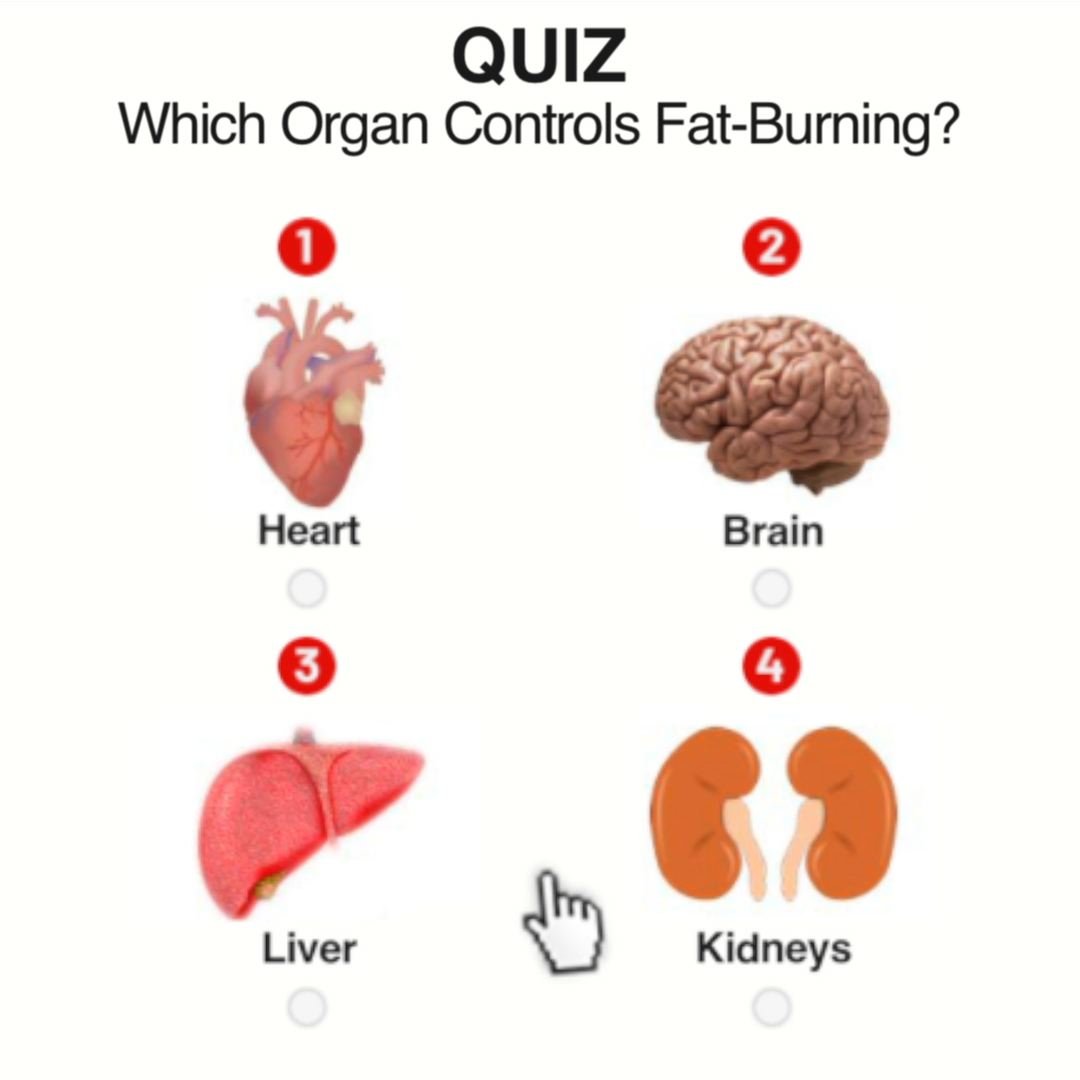ERSOY: Why the type of magnesium makes a difference
Magnesium is a unique mineral because that is involved in hundreds of enzymatic reactions — including energy (ATP) production, muscle and nerve conduction, heart rhythm, blood sugar control, bone health and vitamin D activation. Because it works in so many places, both how much you get and which form you choose matter.
Magnesium energizes you by helping your body make ATP, the “battery” inside every cell. Most of us are low or deficient, causing low energy, fatigue, poor exercise tolerance and muscle cramps. Magnesium balances calcium so muscles release after a contraction, thus helping to relax the muscle and stabilize nerve signaling.
It also supports heart rhythm and blood pressure and aids in insulin signaling and glucose transport. Lower magnesium status is associated with worse glycemic control and linked to higher insulin resistance. And magnesium also activates vitamin D, which then helps calcium work for bones and muscles. You need enough magnesium to fully realize vitamin D’s benefits.
Most of us also struggle to get enough quality sleep, and to manage our stress levels. By modulating NMDA/GABA activity, adequate magnesium can support calm and sleep quality.
As always, make sure you get your daily magnesium from whole food sources. The best options include:
• Nuts and seeds — pumpkin seeds, almonds, cashews, peanuts, chia, hemp, sesame.
• Legumes — black beans, chickpeas, lentils, soy/edamame, peas.
• Whole and pseudo grains — oats, whole wheat, brown rice, quinoa, buckwheat.
• Leafy greens — spinach, Swiss chard, beet greens.
• Magnesium also found in potatoes (with skin), avocado, dark chocolate/cocoa, and yogurt/kefir as well as blackstrap molasses, tempeh and nigari-set tofu, some mineral waters (check mg/L on the label), and seaweeds.
The recommended daily intake averages 310-320 mg/day for adult women, 400-420 mg/day for adult men, although it may vary based on weight, activity levels, cooking styles and absorption (digestion health).
There are almost 30 different forms of magnesium. The labels list elemental magnesium (the actual magnesium ion), but it’s the partner (like citrate or glycinate) that it’s paired with that affects how well you absorb it and how your gut feels. These different forms include:
• Citrate — well absorbed, at higher doses it gently pulls water into the bowel (good for constipation).
• Glycinate / Bisglycinate — A chelated, often easiest on the stomach and a favorite for evening use. This is my personal choice.
• Chloride / Lactate / Aspartate — Generally well absorbed, often used in liquids.
• Malate — Popular anecdotally for “daytime feel,” data are modest but tolerability is good.
• Threonate (L-threonate) — Marketed for brain/sleep, early human studies exist but it’s low in elemental Mg and more expensive.
• Taurate – Paired with taurine, interesting for heart-health but limited human outcomes so far.
• Oxide – Lots of elemental Mg per pill but poorly absorbed and more likely to loosen stools. Fine as an antacid/laxative, not ideal for raising whole-body magnesium.
• Hydroxide (“milk of magnesia”) – An OTC laxative, not for daily repletion.
• Sulfate (Epsom salt) – Good for soaks or a strong oral laxative, skin absorption into the body is inconsistent, so it won’t fix deficiency.
Absorption rate is affected not only the magnesium form but also by GI health. Conditions such as Celiac disease, IBD (Crohn’s/UC), chronic diarrhea, post-bariatric surgery, pancreatic insufficiency, and chronic PPI use can reduce absorption so you may need smaller, split doses and more soluble forms. Some medications such as thyroid and diuretics can increase magnesium losses and weaker kidney functions excrete excess magnesium. Even high fiber/phytates reduce absorption. Aging and alcohol consumption also increase daily needs.
Magnesium’s role in the body includes:
• Magnesium is a cofactor for vitamin D activation and supports parathyroid hormone (PTH). Severe deficiency can cause “refractory hypocalcemia,” where calcium stays low until magnesium is corrected.
• Adequate magnesium modestly supports insulin sensitivity and glycemic control, complementing diet, fiber, sleep and training.
• Conditions like celiac disease, IBD, chronic diarrhea, bariatric surgery, or long-term PPI use can impair absorption. More soluble forms (e.g., citrate, glycinate) in smaller split doses are better tolerated.
• About half of the body’s magnesium is in bone, where it stabilizes structure and supports turnover. Adequate magnesium, vitamin D, calcium and resistance training work together for bone density.
• Magnesium helps temper adrenal/catecholamine activity, supporting calmer heart rate, blood pressure and sleep. Some notice fewer tension headaches and less “wired” sleep when intake is adequate.
• Estrogen shifts (e.g., menopause, postpartum) can affect magnesium handling. Supplementation may ease PMS symptoms, especially when paired with vitamin B6.
• Hormonal changes or medications that increase sodium loss can also increase magnesium loss-intake needs monitoring under these conditions.
In summary, start with a plant-rich plate, then layer a well-tolerated form of magnesium if you need the boost. Match the type to your goal and of course talk to your clinician if you’re pregnant, have kidney or heart issues, take multiple medications or have any other concerns.
•••
Ayda Ersoy is a nutritionist (Dip.C.N., Dip.S.N.); master trainer (CPT ACE, NCSF, CanfitPro); registered yoga teacher; founder, Health Angel Nutrition, Fitness and Wellness; and founder, SMS (Stability, Mobility Strength) Intuitive Training System.
Beyond Weight Loss: How GLP-1 “Miracle Drugs” Are Revolutionizing Whole-Body Health
Editorial team of BIPNs2026-01-09T14:27:23+02:00January 9, 2026|Fitness News, News|
Questions and Answers about Living with Nasal Polyps
Editorial team of BIPNs2026-01-08T22:02:43+02:00January 8, 2026|Fitness News, News|
As someone with sickle cell disease, blood transfusions save my life
Editorial team of BIPNs2026-01-07T17:47:45+02:00January 7, 2026|Fitness News, News|
Make Up Tips for Dark Skin Tone
Editorial team of BIPNs2026-01-07T09:44:08+02:00January 7, 2026|Fitness News, News|
Exercising in the Winter – HealthyWomen
Editorial team of BIPNs2026-01-06T17:36:41+02:00January 6, 2026|Fitness News, News|
Facts About Primary Hyperoxaluria – HealthyWomen
Editorial team of BIPNs2026-01-05T21:25:40+02:00January 5, 2026|Fitness News, News|
Bring the Retreat Home: Yoga Tools To Start 2026 Recharged and Refreshed
Editorial team of BIPNs2026-01-03T10:53:51+02:00January 3, 2026|Fitness News, News|
8 Myths about Water Intake and Heart Health
Editorial team of BIPNs2026-01-02T08:40:41+02:00January 2, 2026|Fitness News, News|
The Right Way to Kick-Start 2026: Strong, Balanced, and Sustainable
Editorial team of BIPNs2025-12-26T11:15:59+02:00December 26, 2025|Fitness News, News|
Share this article:












